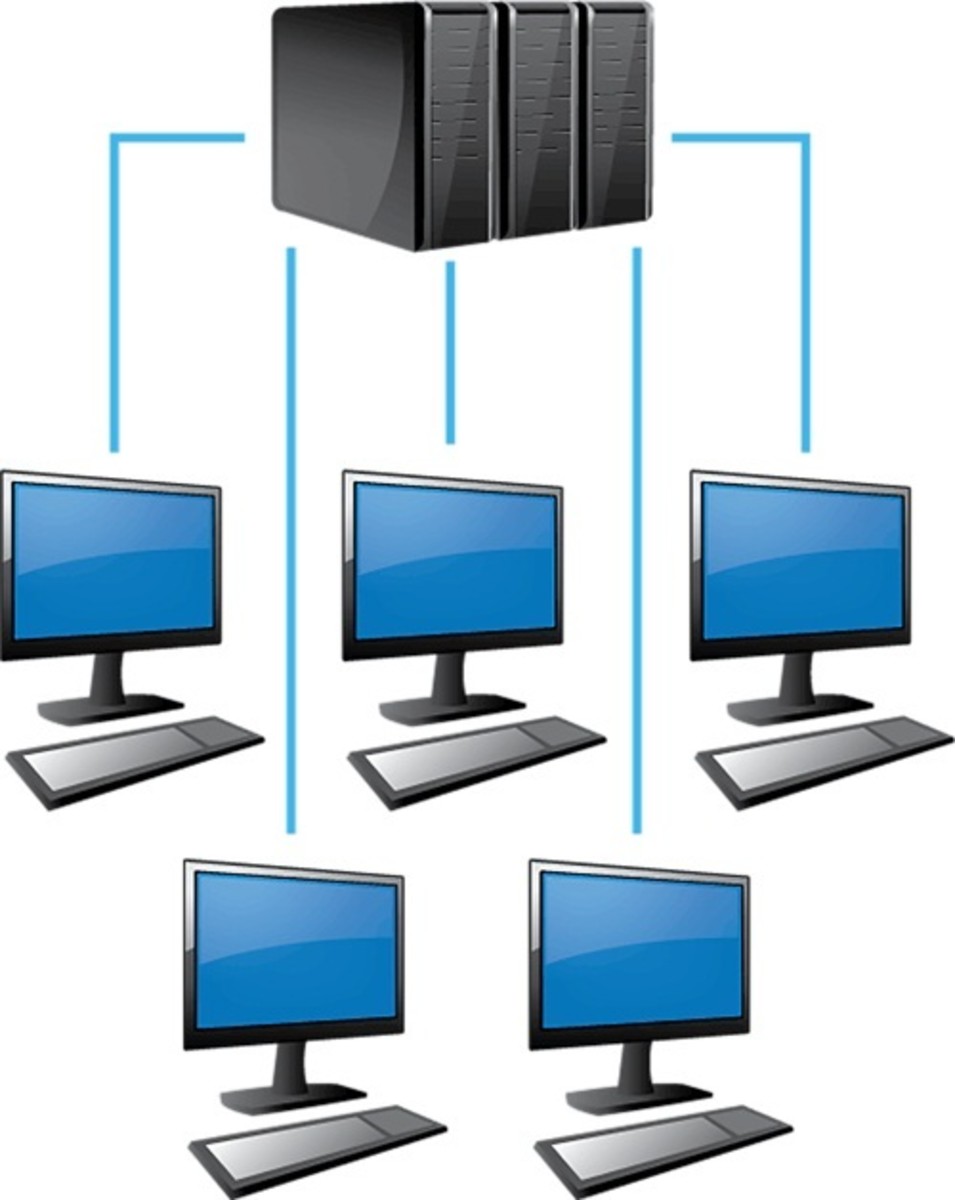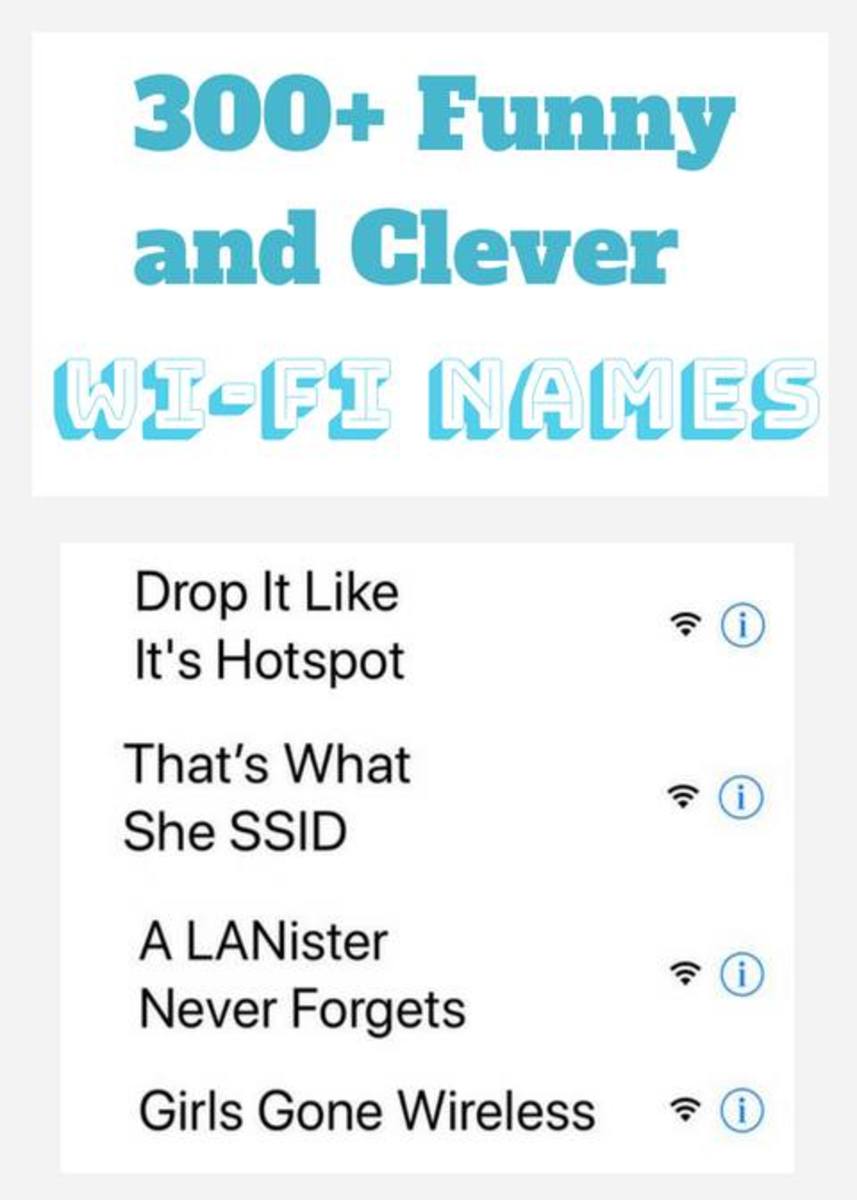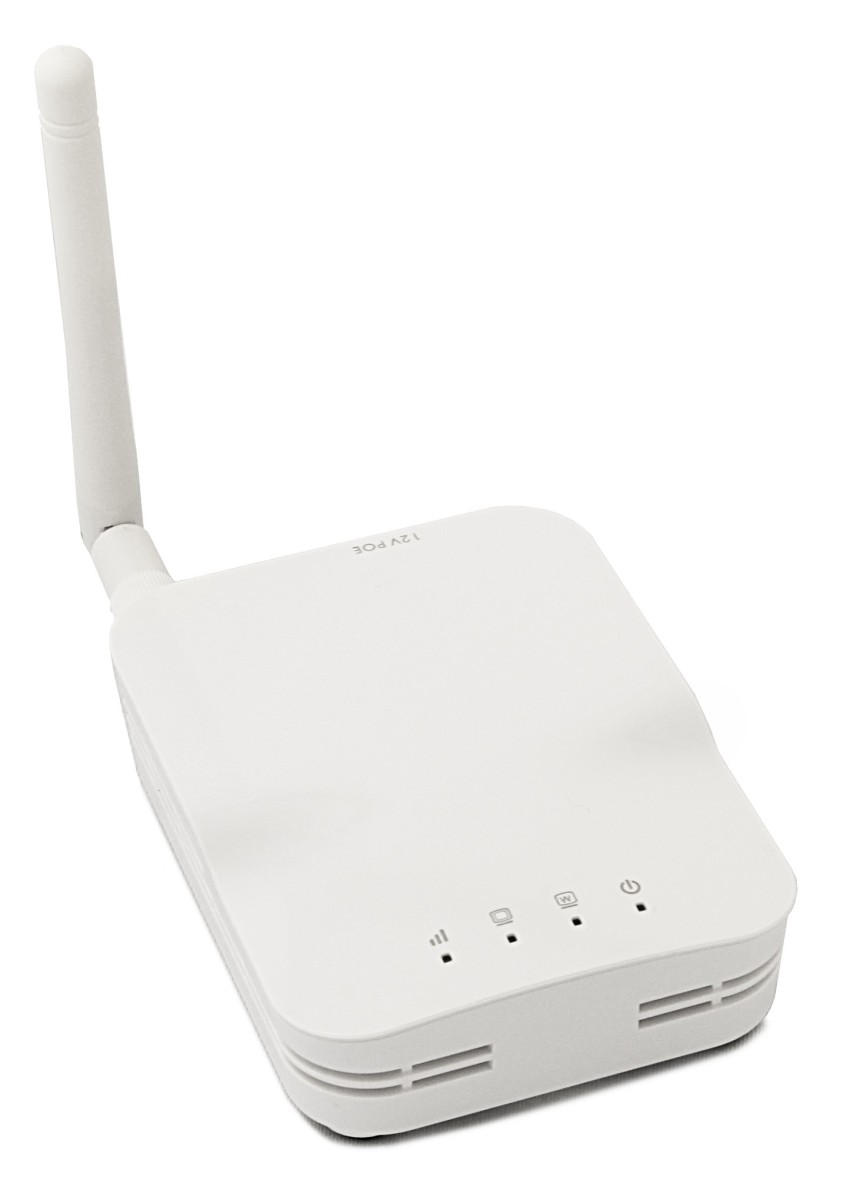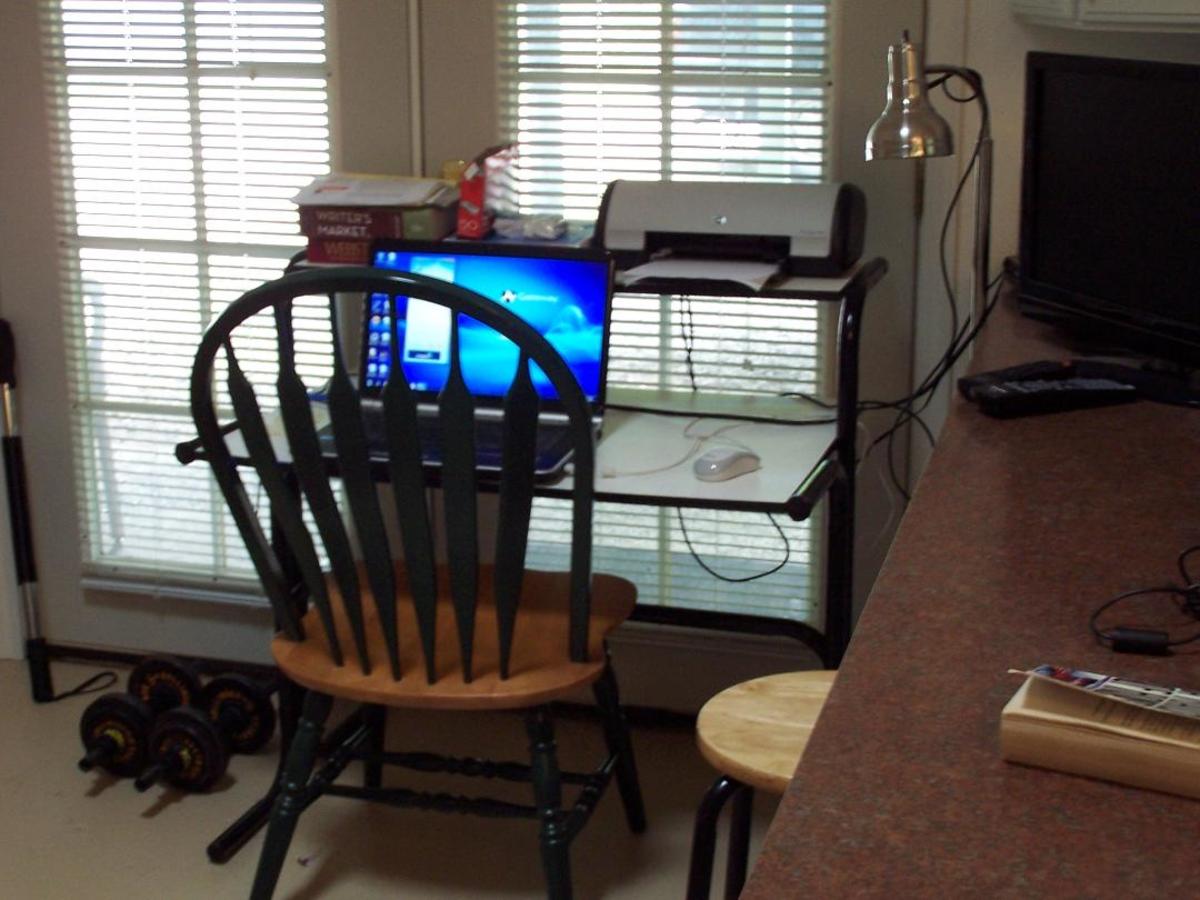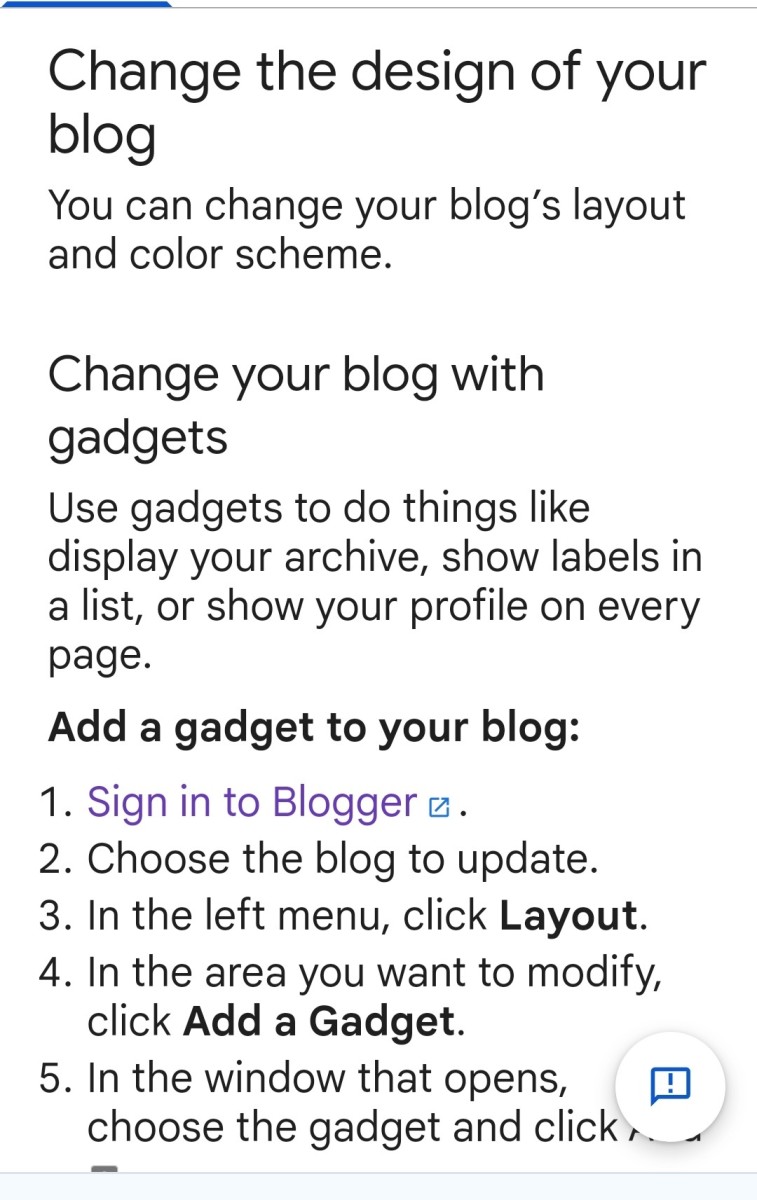Which Major Blog Networks Were Deindexed By Google and How This Will Affect Your Writing Income
Google Finally Deindexes Major Blog Networks

Getting your website or pages ranked in search engines is a vital component to getting your message out or to making money online. There are millions of websites listed in search engines that are looking for free organic traffic. However, if you are trying to rank for a keyword phrase that has tough competition, then there are more factors that need to be taken into consideration.
Apart from on-page SEO, off-page SEO is a vital component to getting your websites and pages ranked. Getting websites ranked on the front page of Google for highly competitive terms can be the difference between making thousands of dollars a month or earning nothing. It's easy to see why people would search for an easy, effective solution to this problem and would purchase a membership to a blog network. However, Google has recently deindexed these highly popular blog networks.
The fallout will be severe and will affect more people than you might first think. Not only will this move by Google effect site owners, who bought links from these services, but it will also affect writers all over the internet.
Please continue reading to discover more about blog networks, how you will be effected and how you can adjust your backlinking strategy for the future.
What Are Blog Networks and How Do They Work?
Blog networks are services you can pay to use where you can post backlinks to high PR sites. This allows the PR to flow to your website and help it gain traction in the search engines.
There are private blog networks and public blog networks.
Private blog networks, such as Build My Rank, own the high PR sites and allow members to post short articles to their network, with their link inbedded within the body of the text. A monthly membership fee is involved ranging from $40 to $150 a month, depending on how many domains you want to backlink or which of the blog networks you subscribe to.
Public networks, allow site owners to add PR sites to the network in exchange for a certain number of daily future backlinks. So if you have a PR 2 site, you could add it to the network and in exchange you would be able to post 2 articles a day, with your backlink within the text, to 2 other random blogs in the network. However, now your blog will also be subject to posting other people's content too. There is also the option of purchasing more credits if 2 links a day isn't enough.
Why Were Blog Networks so Popular?
Gaining backlinks to new sites can be tough and can take time. Blog networks were a relatively simple way to get around this with great benefits.
By using a blog network, it was far easier to use the appropriate anchor text for your required backlinks. It was easier to get higher PR backlinks and it took far less time than doing it manually, and hoping they would stick.
It was a really easy way to get contextual backlinks too, which Google reportably favours.
A big factor was also the fact that blog networks worked.
In order to compete, people found they had no choice but to turn to blog networks, as that was what their competition was doing and it was working for them. It's a bit like trying to compete in the 100m sprint without taking performance enhancing substances when all your competitors are.
What Does it Mean to be Deindexed by Google?

Major Blog Networks Deindexed by Google
The following blog networks have been deindexed by Google.
- Build My Rank (totally deindexed)
- High PR Society (totally deindexed)
- Linkvana (totally deindexed)
- ALN (partially deindexed)
- SEO Linkmonster (totally deindexed)
- SEO Linkvine (Totally deindexed)
- Blog Blueprint (partially deindexed)
- SEO Nitro (totally deindexed)
This is not to say other blog networks are safe. It's more a case of Google just hasn't got to them yet.
If Google decides to deindex a site, or a group of sites, then this means they will be removed from the SERP's and will no longer be found by organic search traffic. This also means the links on these sites will also not be found. These backlinks will no longer pass link juice to the target website.
If your webpage has a number of these types of links passing it PR and they are suddenly deindexed, then your site could suffer greatly. How greatly will depend on what proportion of your backlinking profile consists of these deindexed links and also how many other high PR backlinks you still have.
Competition is also a major factor. If everyone else was doing the same thing as you then you might not suffer too much in the eyes of Google but if you were the only culprit, or did it a lot more than your competitors, then your site could be in a lot of trouble. Not only do you stand to lose your PR but you may have already lost your Google ranking.
Most of these blog networks have now closed and are scrambling to try and find a way out. Even if they find a work around, it's only a matter of time before Google shuts them down again.
True Whitehat SEO experts are scratching their heads wondering why it's taken Google so long to take this step.
Why Has Google Deindexed Blog Networks?
Google has made it abundantly clear that it does not like paid backlinks. In effect, this is what blog networks were doing.
Blog networks were allowing people to game the Google ranking system by effectively buying high PR backlinks. These highly targeted backlinks would pass Page Rank to your specified domain or website page, boosting your individual PR and improving your position in the SERPs.
These backlinks were generally buried, or hidden, within posts on blogs that were totally unrelated to the topic being discussed. There may have been one post on acne, the next on insomnia and the next on muscle building supplements. The only real benefit to these sites was they had high PR to pass on. There was little to no benefit for the user to visit these sites. Also, the articles on these sites were generally of a shorter nature and not of the best quality. Some blog networks allowed spun content which can lead to articles of a very poor quality.
How Will Your Writing Income Be Affected By Google Deindexing Blog Networks?
Have You Ever Subscribed to a Blog Network?
Affiliate sites that used blog networks to boost their PR, and thus their Google rankings, may lose their position in Google. If you write for these types of sites then you may lose some of your income, as they won't need new articles. They have bigger issues to deal with right now.
If you write for services such as textbroker or wordgigs, where you write shorter articles around 100 - 400 words, then this would have most likely have been for backlinking purposes. These articles would probably have ended up on blog networks and will no longer be needed. At least not until someone figures out a new way to game the system.
If you used any of these blog networks to backlink your Hubs, trust me some people did, then this could be a reason your Hub traffic has dropped recently. If you didn't use blog network backlinks then your Hubs could move up the rankings as sites that did are penalized. The same can be said if you write for other sites such as Squiddo and Wizzley.
If you don't believe that Hubbers have been using blog networks to backlink their Hubs then please read Silver Rose's Hub about how HubPages has been affected by the blog networks being deindexed. Also if you look at the FAQ section of some of these blog networks you will find questions about whether you can use these networks to promote your Hubs or Squidoo Lens and the answer was generally yes. I find it difficult to imagine this would be in the frequently asked section if people weren't inquiring about using these services for these purposes.
However, it's not just affiliate sites or smaller sites that are being affected by this move by Google. Massive sites such as Amazon have also been hit. This may sound strange but it makes sense when you consider the number of affiliates that link to Amazon products. This probably won't have a huge bearing on Amazon income as many people will continues to go straight to Amazon to buy their product, rather than go via a review site.
Best Backlinking Strategies Moving Forward

Do you agree with Google deindexing blog networks?
People will always try to game the system. It's human nature to try and cut corners. Cutting corners is increased where large sums of money are involved as there's more motivation to get to the top, any way possible.
The goal is to get to the top of Google and stay there. Blog networks were an easy way to do this and at a relatively low cost, versus potential income people were reporting. Now that blog networks are being hunted by Google and deindexed, people will try and find the next best thing. This could be in the form of backlinking software, blog commenting, forum commenting etc.
Although some of these blog networks have been around for over 2 years, Google did finally get around to dealing with them. The moral of the story is to only employ legitimate Whitehat strategies. Blackhat strategies may be lucrative in the short term, but will cost you in the long term.
Whether you agree with the changes made by Google, or not, is irrelevant. The important factor is that they are in charge. Google is the one setting the rules and if you don't like it then you will have to find ways to generate traffic outside of Google, or will have to adapt to their rules.
For those that think they are still safe taking short cuts or taking advantage of sneaky ways to continue to game Google, it's only a matter of time. Google has made it abundantly clear what it is looking for. Now it's finding ways to enforce the rules with the Panda update, it's too many ads above the fold update and it's over optimization penalties. The blog networks being deindexed is just another step in Google's overall goal of having quality websites and pages listed in it's search engine.
Whatever backlinking method you try next, try and keep it looking as natural as possible. In fact, so you don't fall foul of Google and lose your income in the future, it might be best to provide helpfully unique content and allow your readers to share your content for you in the form of social sharing. It really is the safest way to build a sustainable business for the future online.



